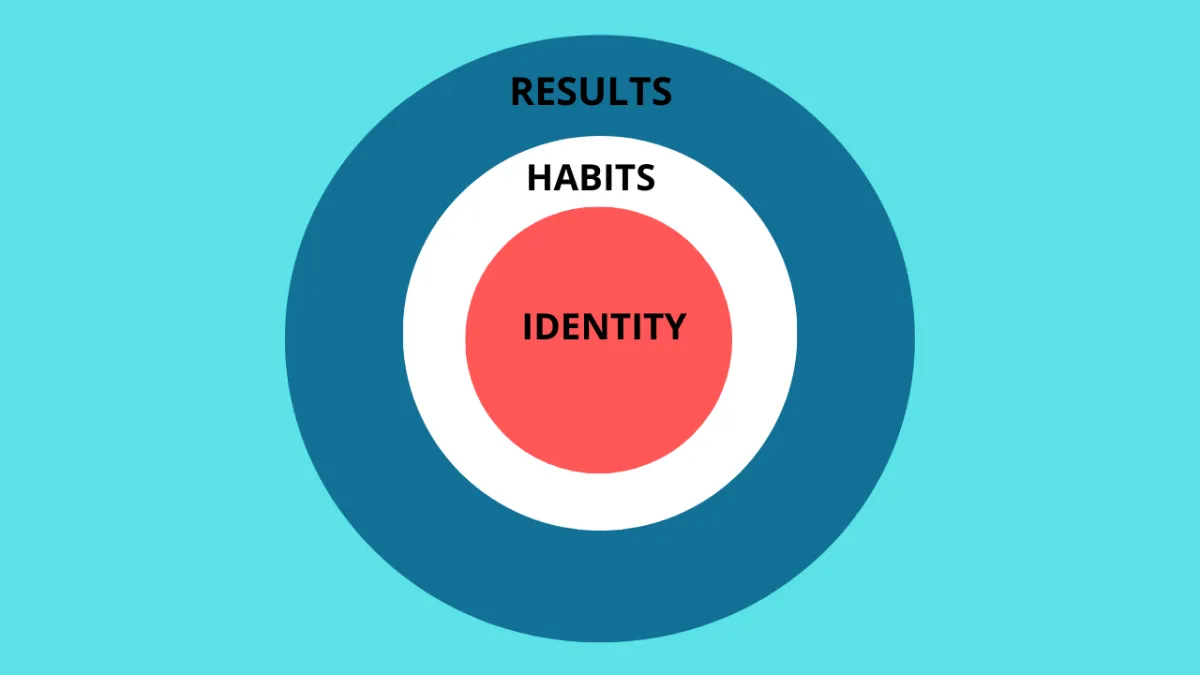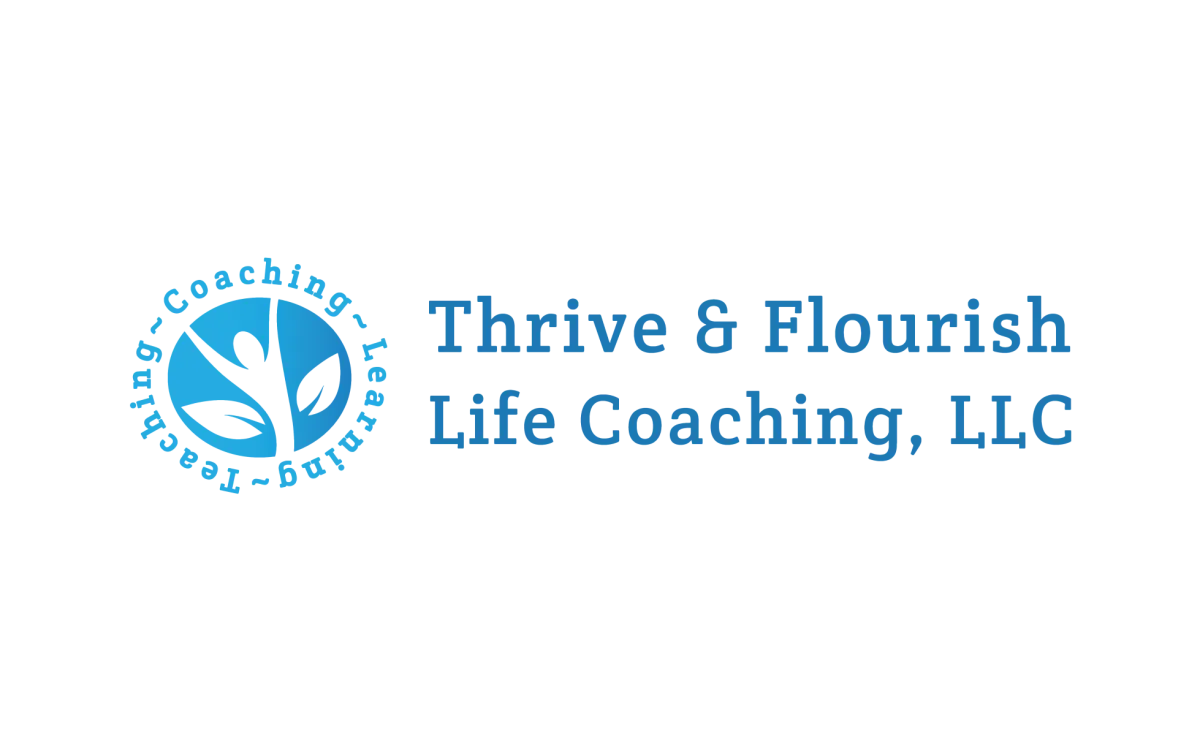
Habit Identity
HABITS & IDENTITY
Think & Act As If You Have Already Reached Your Goal!

Habits & Identity
At the end of December, our thoughts often turn to changes we’d like to make in the New Year. With rare exception, any change we’d like to make comes with a habit or habits attached. Whether the resolution is better money management, improved fitness, weight loss or gain, reading more, learning a new skill, starting a good behavior, stopping an unwanted behavior, etc., it involves cultivating or stopping some type of habit. This could be opening a savings account, increasing our retirement contribution, cutting back on cookies, increasing our consumption of kale, walking more, taking a class, quitting smoking……..
Research has shown that connecting our identity with a habit is more likely to produce the desired result. There is anecdotal and empirical evidence to support this concept. A significant volume of mainstream and scholarly writing addresses habit formation. When we relate habits to our identity, our “true self” (Verplanken & Sui, 2019), we are better able to sustain newly formed behaviors which yields more effective results.
Let’s say that you no longer wish to smoke. If someone offers you a cigarette, instead of responding, “No thanks, I’m trying to quit,” say, “No, thanks, I don’t smoke”, or, “No thanks, I’m not a smoker.” You have represented yourself as a non-smoker so that accepting that offered cigarette does not align with your identity. As a non-smoker, you don’t stop at the store to buy a pack. You don’t keep any in your home or car. It sounds simple and it actually is. That is not to say it is easy. Reflecting on what we want our identity to be (and by the way, it is entirely up to us what that is at any given time), we determine the thoughts and actions that support and align with that chosen identity (as well as those that don’t).
If you have decided to start running, generate the thought that “I am a runner”, even if you have yet to jog two feet. By establishing your identity as that of a runner, running becomes something you do. It's just another part of your identity.
As you wind down your year, take time to review if there are any changes you want or need to make to have a better 2024. Establish desired characteristics that are part of your identity and consider ways to make developing the requisite habits easier to adopt or drop. Think and act as if you have already achieved your goal. If you have a journaling practice, which I strongly recommend, write down your goals as if you have already achieved them! Your behavior will follow suit. I wish you all the very best in the New Year! Cheers!
References
Clear, J. (2018). Atomic habits: an easy and proven way to build good habits & break bad ones: tiny changes, remarkable results. New York: Avery, an imprint of Penguin Random House.
Duhigg, C. (2013). The power of habit. London: Random House Books.
Verplanken, B., & Sui, J. (2019). Habit and identity: Behavioral, cognitive, affective, and motivational facets of an integrated self. Frontiers in Psychology, 10, 1504. doi:10.3389/fpsyg.2019.01504
Get In Touch


